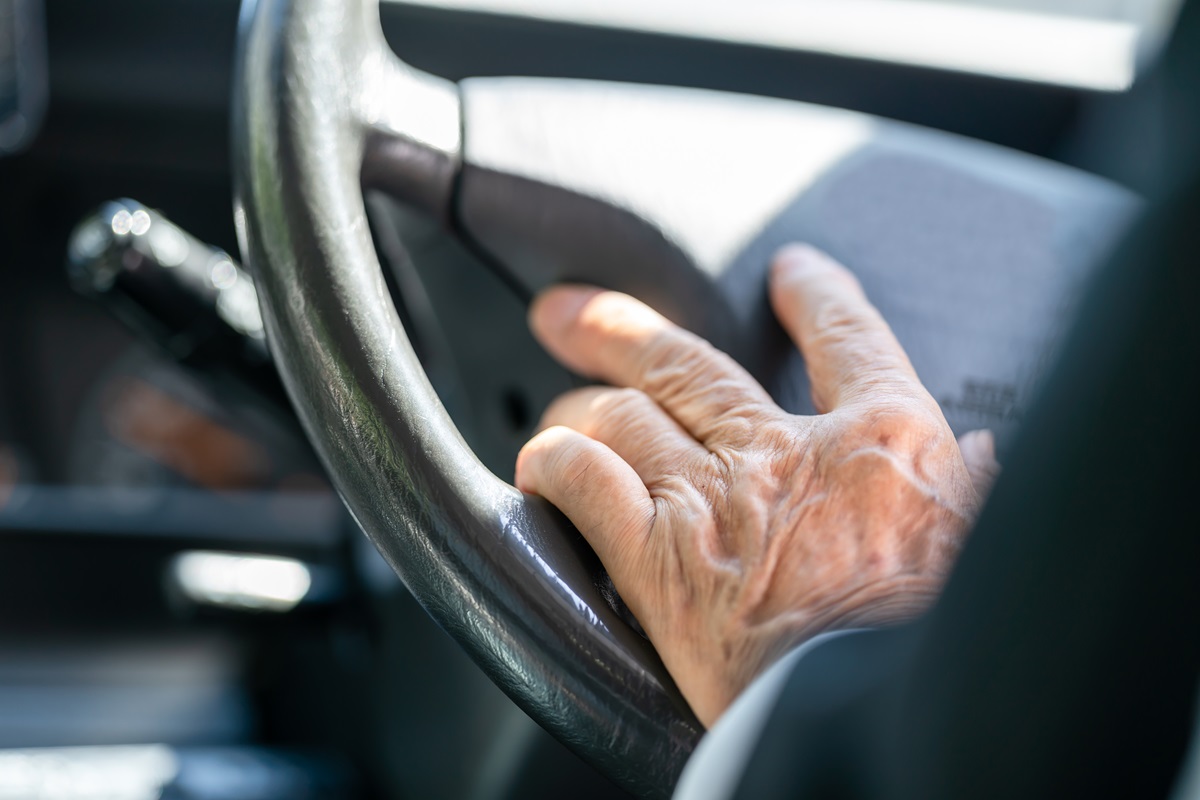By Dr. Saskia Sivananthan
With summer on the horizon, Canadians are gearing up for road trips, vacations and driving to their favourite destinations. Due to our sprawling geography and often inadequate public transportation systems, access to a motor vehicle is something many of us take for granted. However, a diagnosis of dementia threatens to change all of this, creating anxiety and fear for the future.
 Unlike some U.S. states, a dementia diagnosis in Canada does not automatically mean losing your license. A 2009 survey showed that 28 per cent of Canadians living with dementia still had a driver’s license. However, there is currently no way to halt the progression of dementia. This means the risk of a vehicle accident is two to eight times higher for those with dementia and the risk of an accident doubles every five years after diagnosis.
Unlike some U.S. states, a dementia diagnosis in Canada does not automatically mean losing your license. A 2009 survey showed that 28 per cent of Canadians living with dementia still had a driver’s license. However, there is currently no way to halt the progression of dementia. This means the risk of a vehicle accident is two to eight times higher for those with dementia and the risk of an accident doubles every five years after diagnosis.
What to expect after a dementia diagnosis
The importance of keeping socially connected and being independent after a dementia diagnosis cannot be overstated. If a friend or family member has been diagnosed, it’s tempting to start limiting their opportunities to drive by taking over daily activities. However, a better approach involves developing a plan of action that can help reduce anxiety over the loss of independence.
Let’s talk through what to expect should your loved one receive a diagnosis of dementia and what it takes to help them stay socially engaged.
Following that initial diagnosis, a doctor can determine what stage your loved one’s dementia is currently at and conduct a screening to better understand how dementia may affect their ability to drive by asking about driving use and history. They will also want to assess your loved one’s vision, psychomotor ability, other health conditions and medication use. While this may seem intrusive, safety must be the paramount concern.
Medical experts have recommended repeat assessments of driving safety for early-stage dementia. If there is significant decline or progression with your loved one’s dementia, the physician will likely recommend their driving safety is assessed every six months. If they still have concerns, they may refer them to your local multidisciplinary dementia assessment site or require a comprehensive driving evaluation by a specialist. This involves in-office testing and an on-road assessment, which comes at a cost to the patient. However, for those with moderate to severe dementia, driving is unsafe and the doctor will recommend they stop.
 Preparing early conversations
Preparing early conversations
It’s important to recognize that the earlier you begin having conversations with your loved one about dementia and driving, the better prepared they can be. Work together, and plan for it before it becomes an issue. No physician relishes the idea of having someone’s license suspended, but in most provinces, they are legally obligated to notify the authorities if a medical condition, such as dementia, increases the risk of vehicle accidents. What can you do in this scenario?
- Prepare for difficult conversations. Not driving can seem like loss of independence in the already difficult context of living with dementia. Stress the positive and reaffirm unconditional support. It may require multiple conversations.
- Plan together for driving retirement, but not social retirement. Support your loved one’s independence and social connectedness with alternatives while appealing to their sense of responsibility and maintaining the safety of others on the road.
- Plan together for regular transportation. The cost of maintaining a car can run into thousands of dollars annually, along with the stress of difficult driving conditions during the winter. You may consider using these savings to set up a “travel account” for your loved one, using options like Lyft, Uber, taxis or even paying a neighbour to assist.
- Investigate other options. Seek out information on public transportation, commuting with friends and home grocery delivery, if available. Help your loved one keep in touch with family and friends by scheduling regular social events at their home to reduce the need to travel.
Perhaps the best way to think about driving is as a privilege we all have to earn. Just like our working careers, we eventually earn the privilege of retirement and of not having to drive ourselves around.
While this requires a shift in mindset, staying connected with family and your community and maintaining your independence and personhood are rights that doesn’t disappear with dementia. We would all do well to support it.

Dr. Saskia Sivananthan is an affiliate professor in the department of family medicine at McGill University and was formerly the chief research officer for the Alzheimer Society of Canada. Learn more about her work at saskiasivananthan.com.






